
Opinions
21:46, 01-Nov-2018
Opinion: A level playing field is needed for the private sector
Updated
21:11, 04-Nov-2018
Kong Qingjiang
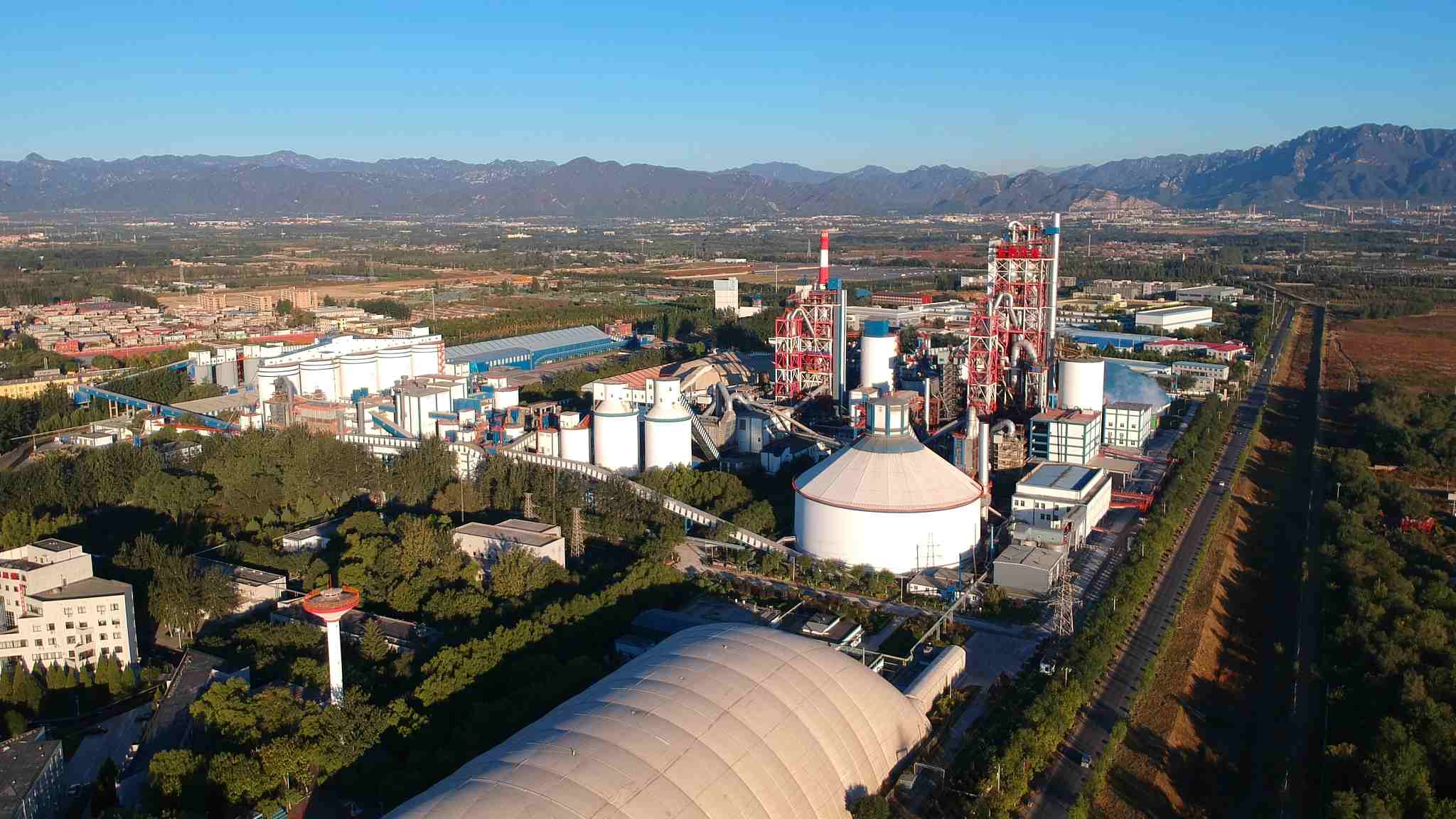
Editor's note: Kong Qingjiang is the dean of the School of International Law at the China University of Political Science and Law. The article reflects the author's opinions, and not necessarily the views of CGTN.
Chinese President Xi Jinping has stressed the need to unswervingly encourage the growth of the non-public sector of the economy, and support the development of private enterprises. President Xi, also general secretary of the CPC Central Committee, made the remark during a forum for private enterprises on November 1.
He said the non-public sector of the economy in China has been developed since China's reform and opening-up, and the private economy has become an indispensable driving force to the country's economic and social development.
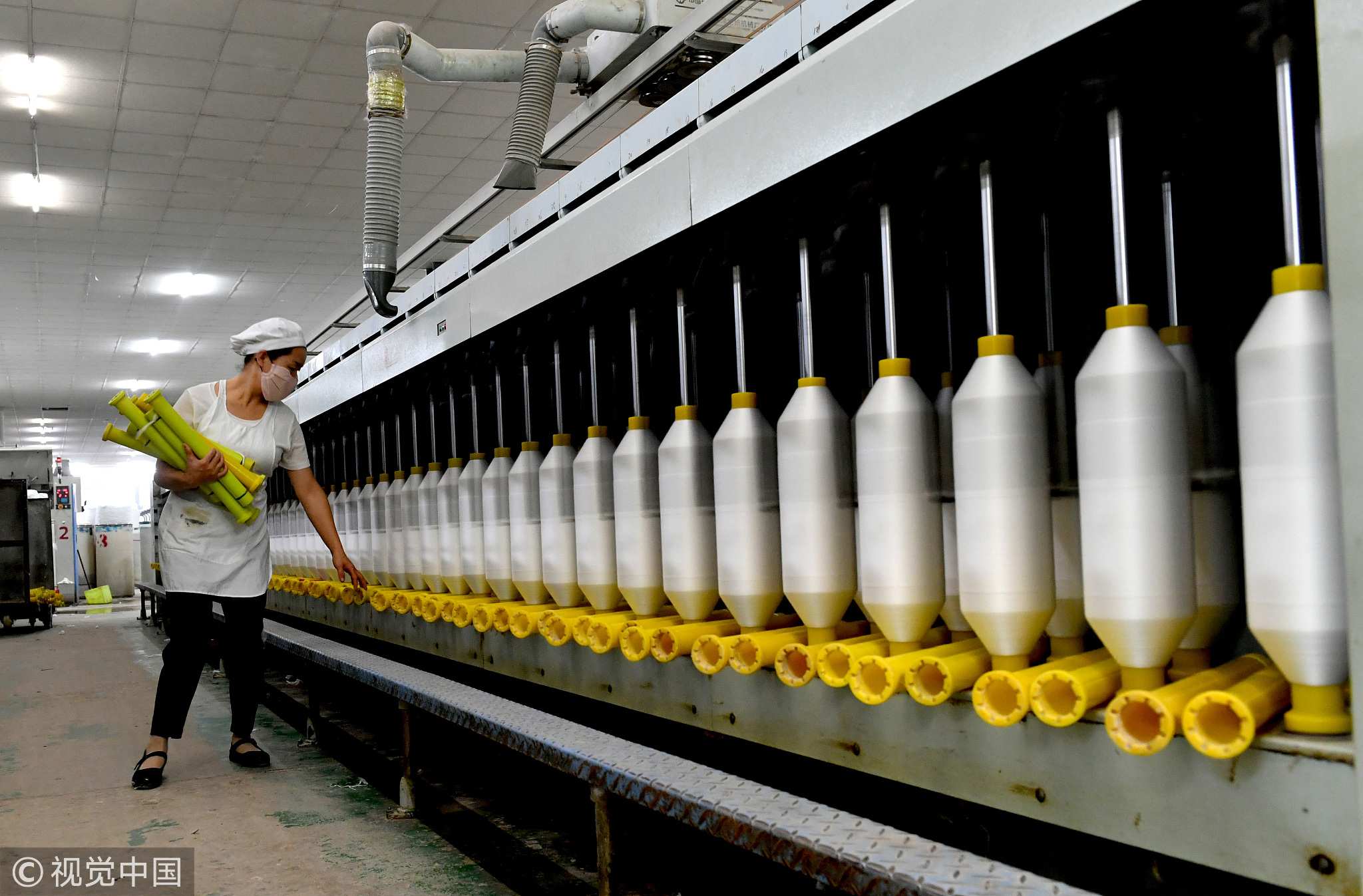
Dayang Spinning Company in Shangqiu, central China's Henan Province, on October 18, 2018. /VCG Photo
Dayang Spinning Company in Shangqiu, central China's Henan Province, on October 18, 2018. /VCG Photo
As the 40th anniversary of the adoption of the reform and opening-up policy is around the corner, President Xi Jinping highlighted the importance of the parallel development of both public and private sectors in his speeches at the latest meetings of the important Political Bureau of the CPC Central Committee on October 31.
He also delivered a speech on the private sector and its development during his October inspection tour to northeastern China's Jilin Province.
His speeches have come at the right time as China's private economy has reached a crossroad.
In the past 40 years, the private sectors have played an important role in promoting innovation and steady growth, generating jobs, and improving people's livelihood, thus making itself a key driving force in economic and social development.
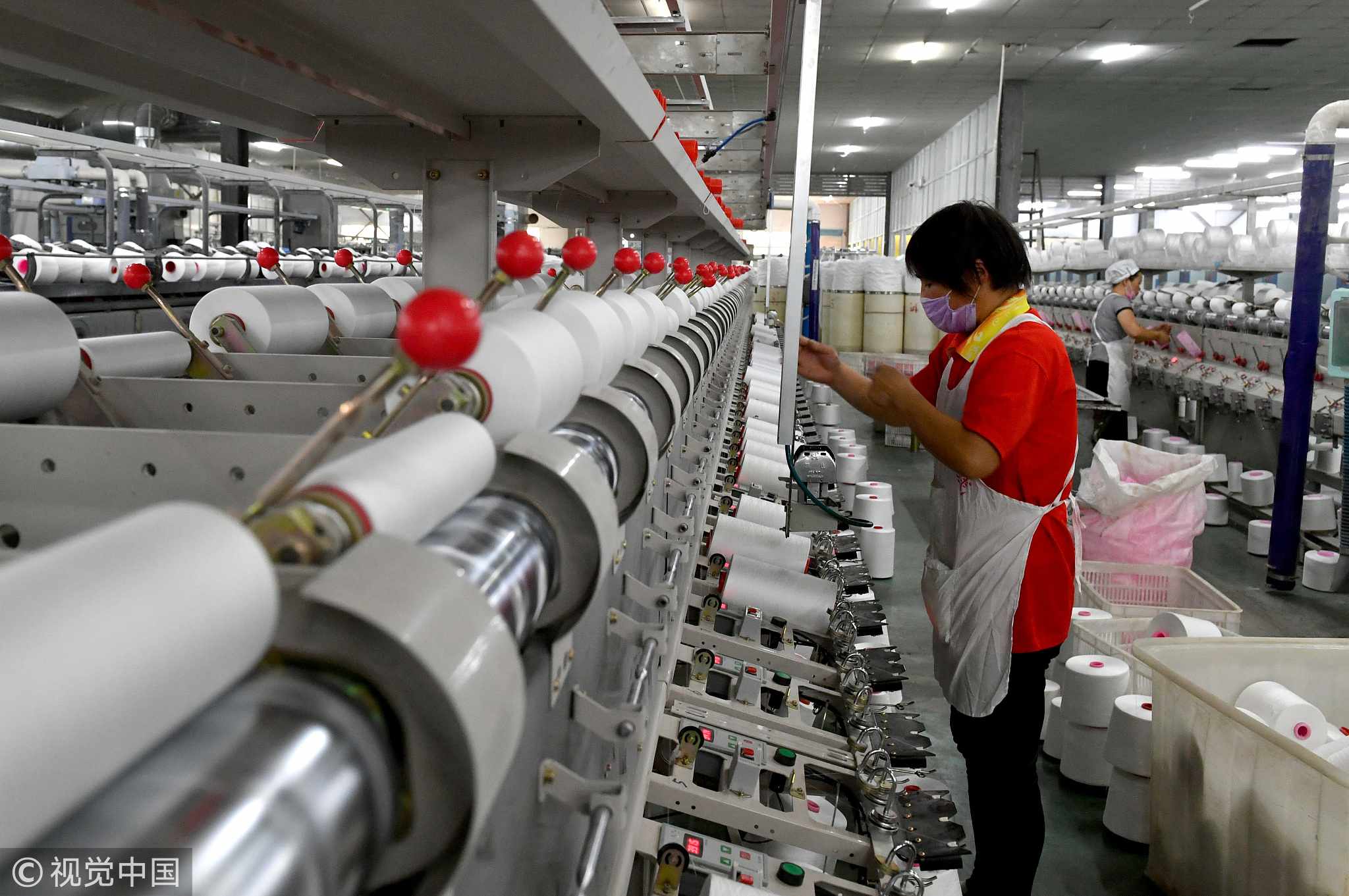
Dayang Spinning Company in Shangqiu, central China's Henan Province, on October 18, 2018. /VCG Photo
Dayang Spinning Company in Shangqiu, central China's Henan Province, on October 18, 2018. /VCG Photo
At present, more than half of the GDP, national tax revenue, total fixed asset investment in the country come from the private sector.
About 70 percent of technological innovation, 65 percent of domestic invention patents and more than 80 percent of new products come from small, medium enterprises (SMEs), of which more than 95 percent are non-public enterprises.
For example, among the "new four major inventions" of China, i.e., high-speed train, mobile payment, shared bicycles, and online shopping, three are attributable to the innovations of private enterprises.
Private enterprises have provided about 80 percent of urban jobs in recent years, accounting for about 90 percent of newly generated jobs.
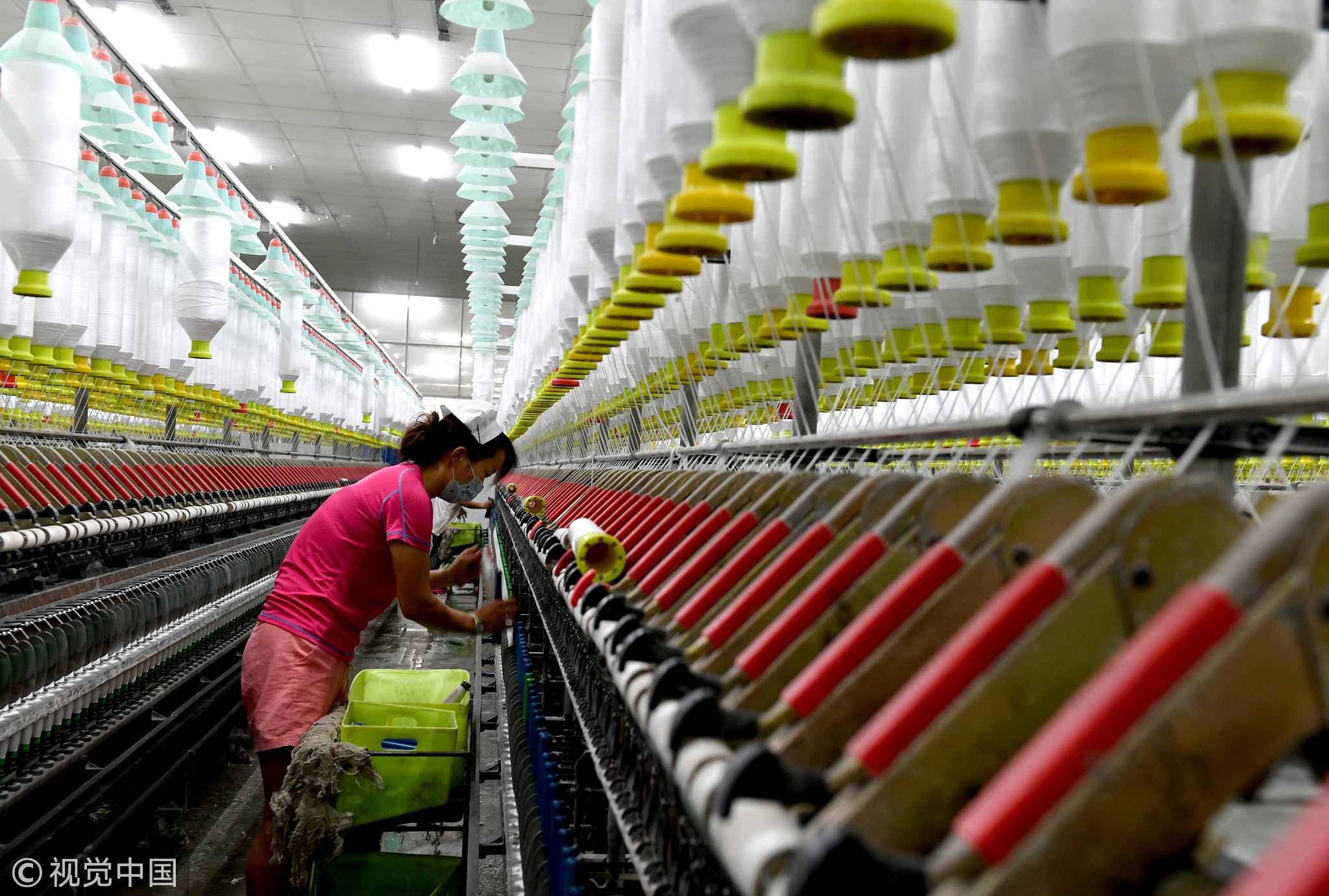
Dayang Spinning Company in Shangqiu, central China's Henan Province, on October 18, 2018. /VCG Photo
Dayang Spinning Company in Shangqiu, central China's Henan Province, on October 18, 2018. /VCG Photo
It is in the era of reform and opening-up that the private sector has thrived to grow from none to small, from small to large, and from weak to strong.
In the past three years, on average more than 40,000 enterprises were registered across the country per day, the vast majority of which are privately owned.
To create a more equitable, open and friendly environment conducive to the development of the private economy, the state has adopted a series of policies.
That is why the private capital has begun to enter the oil and natural gas industries, high-tech industries such as ITC and biomedicine which had been primarily under the control of state-owned enterprises.
This money was also used for public services such as infrastructure, education, and health.
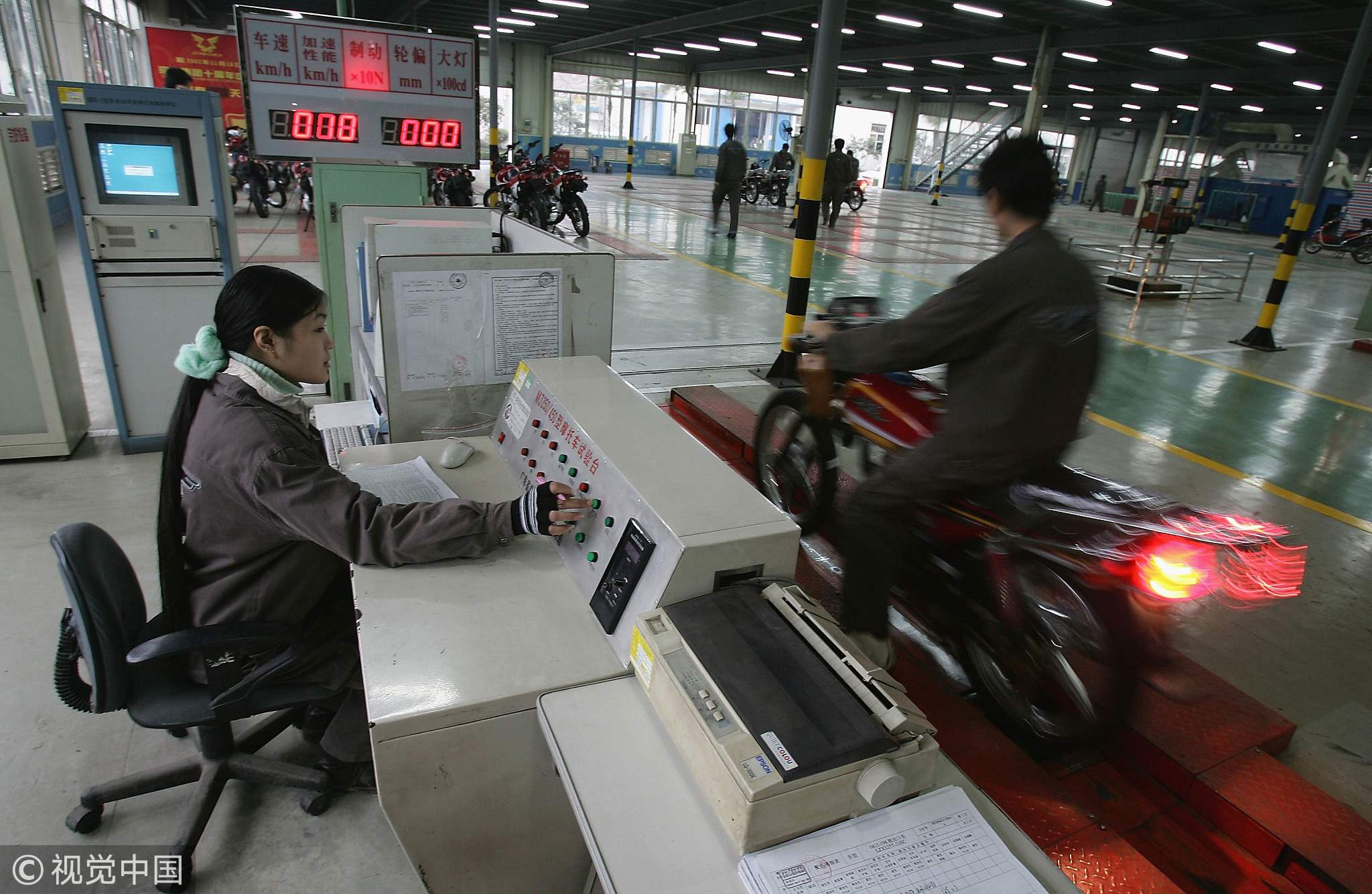
Zongshen Motorcycle Group in Chongqing Municipality, southwest China, December 29, 2004. /VCG Photo
Zongshen Motorcycle Group in Chongqing Municipality, southwest China, December 29, 2004. /VCG Photo
As a result, more private investment is been injected into the so-called sunrise industries and public services, investment structure is being optimized, and a new type of political and business relationship is taking shape.
Of course, private enterprises are not free from difficulties. Not only do they have to cope with economic hardships, but sustain the ideological yoke.
In the orthodox minds, private enterprises are often equated to exploitation, and incompatible with the socialist state.
As illustrated by a recent online article calling for a phase-out of the private sector, some even believe that existing private enterprises need to be confined, if not eliminated.
They are certainly blind to the reality of the historical role of the private sector in the past four decades and the reality of the economic structure.
In line with the longstanding government policy to nurture private economy, President Xi's timely speeches not only reject such misconceptions but also acknowledge the role of the private sector and entrepreneurship in the economic and social development, and provides further guidance to the development of the private economy in the country.
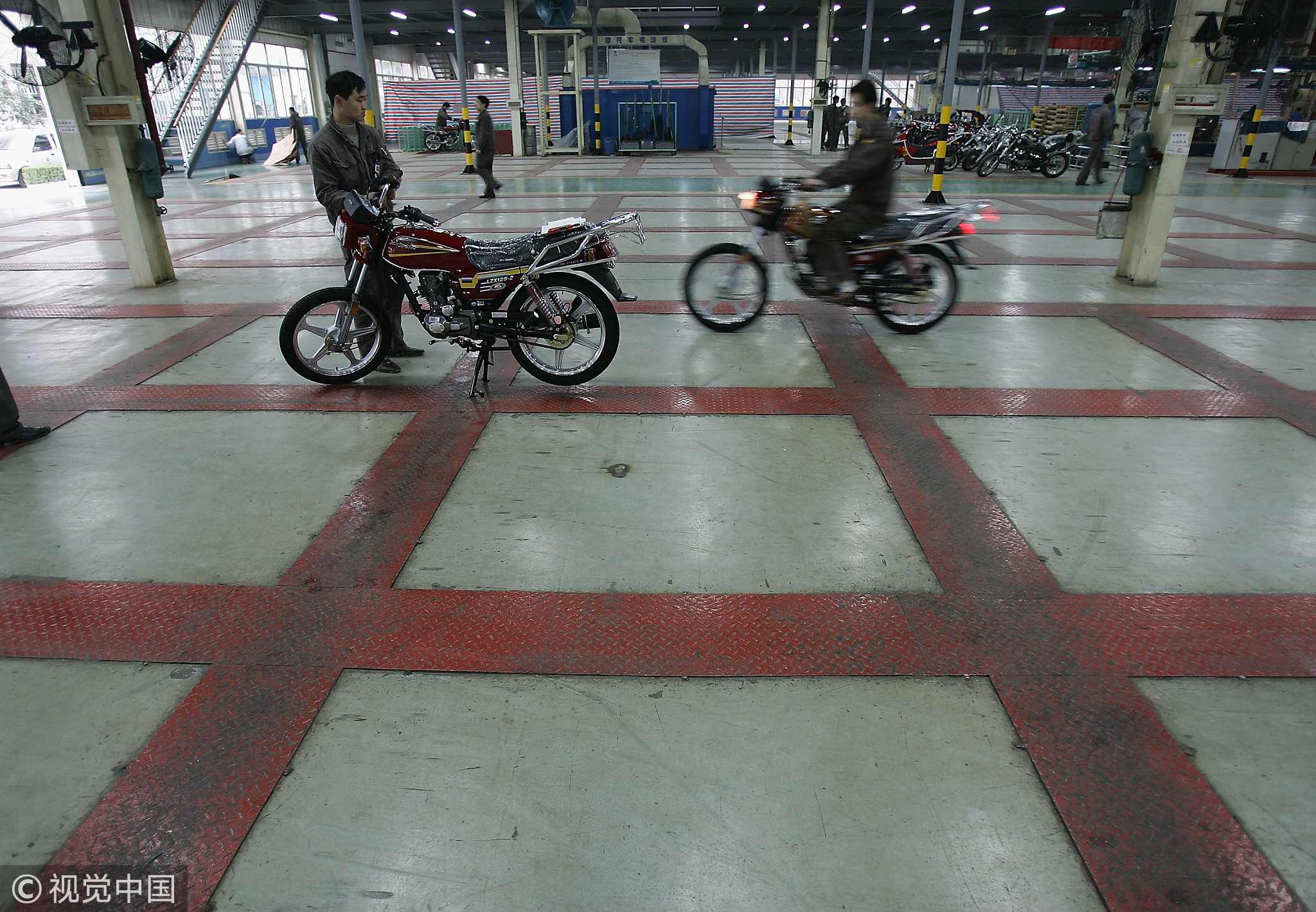
Zongshen Motorcycle Group in Chongqing Municipality, southwest China, December 29, 2004. /VCG Photo
Zongshen Motorcycle Group in Chongqing Municipality, southwest China, December 29, 2004. /VCG Photo
At present, China's economy is in a critical period of climbing over the ridge. Hence, more resources are required to be mobilized to counteract challenges.
Most importantly, a true level playing field in terms of market access, availability of government resources, and tax relief should be offered to private enterprises as well as state-owned enterprises.
(If you want to contribute and have a specific expertise, contact us at opinions@cgtn.com.)

SITEMAP
Copyright © 2018 CGTN. Beijing ICP prepared NO.16065310-3
Copyright © 2018 CGTN. Beijing ICP prepared NO.16065310-3